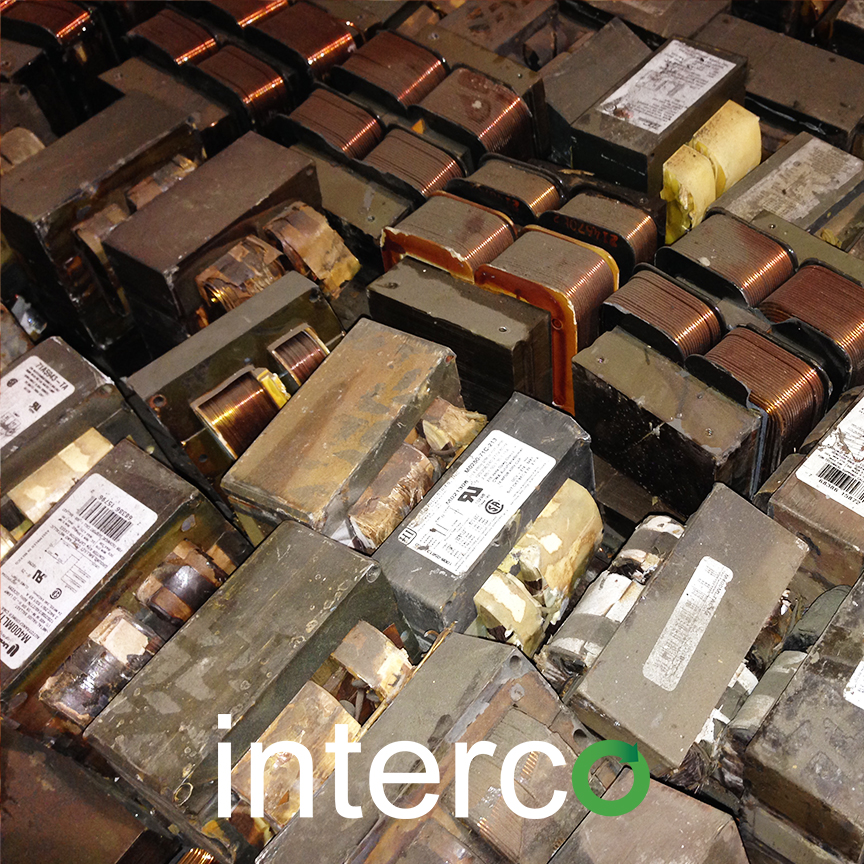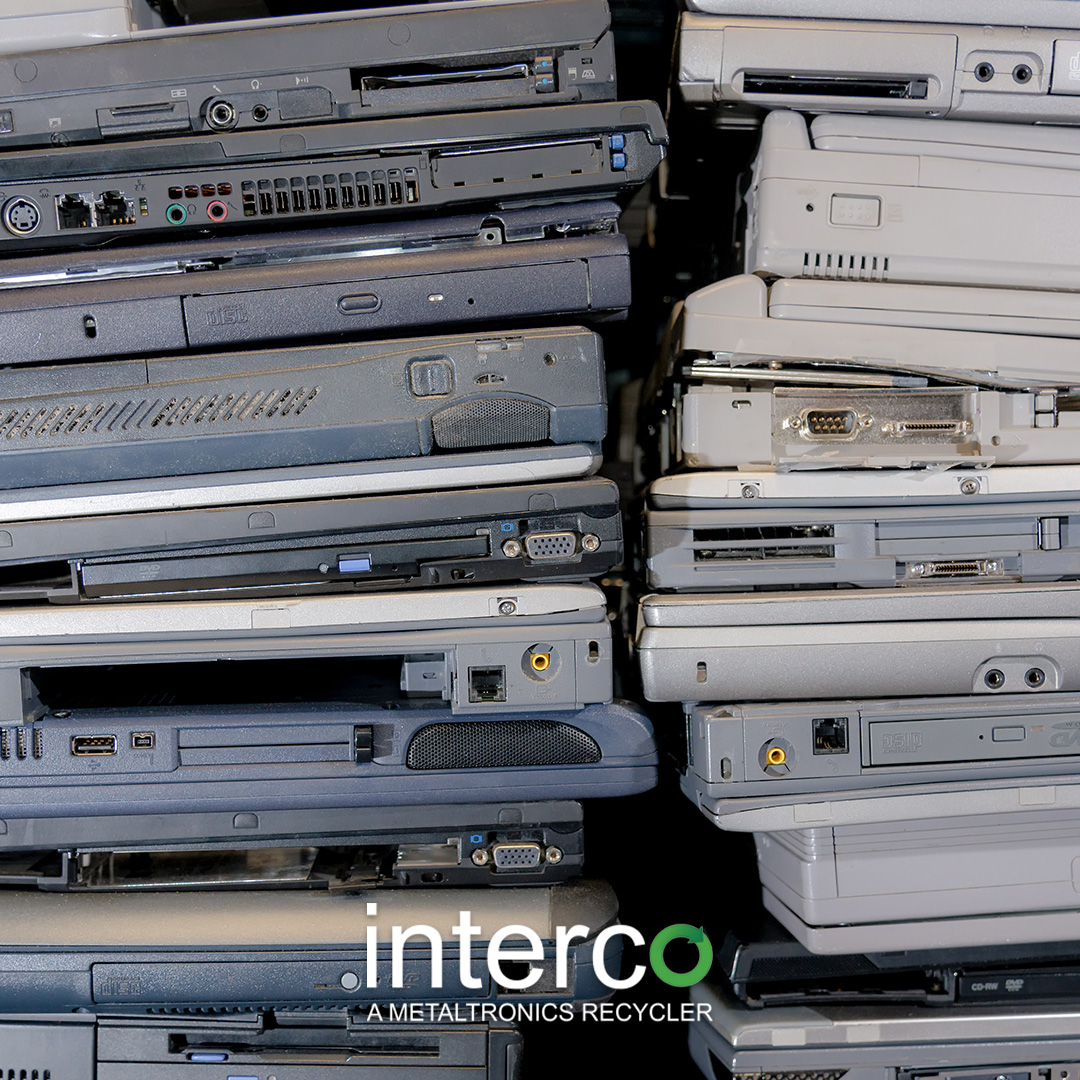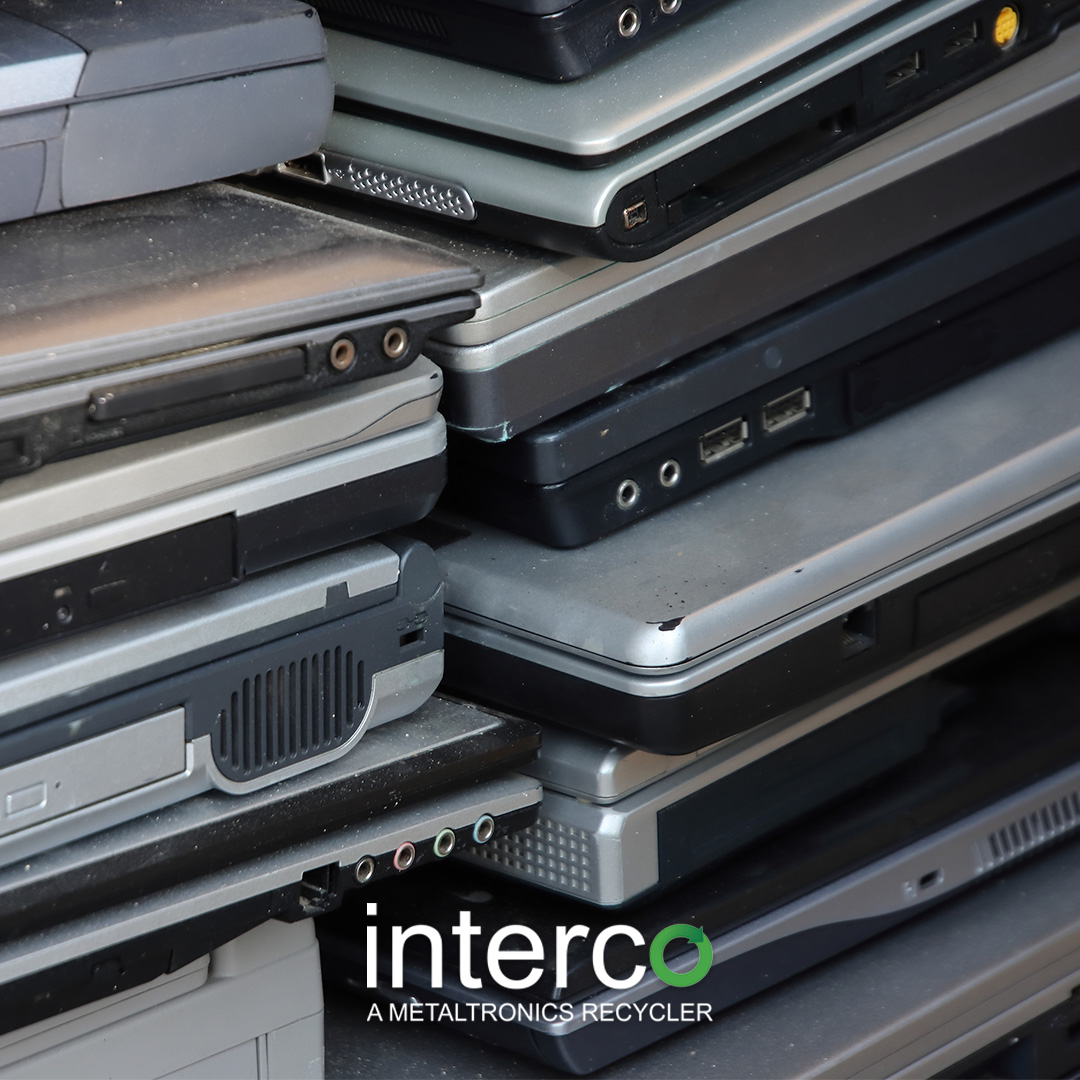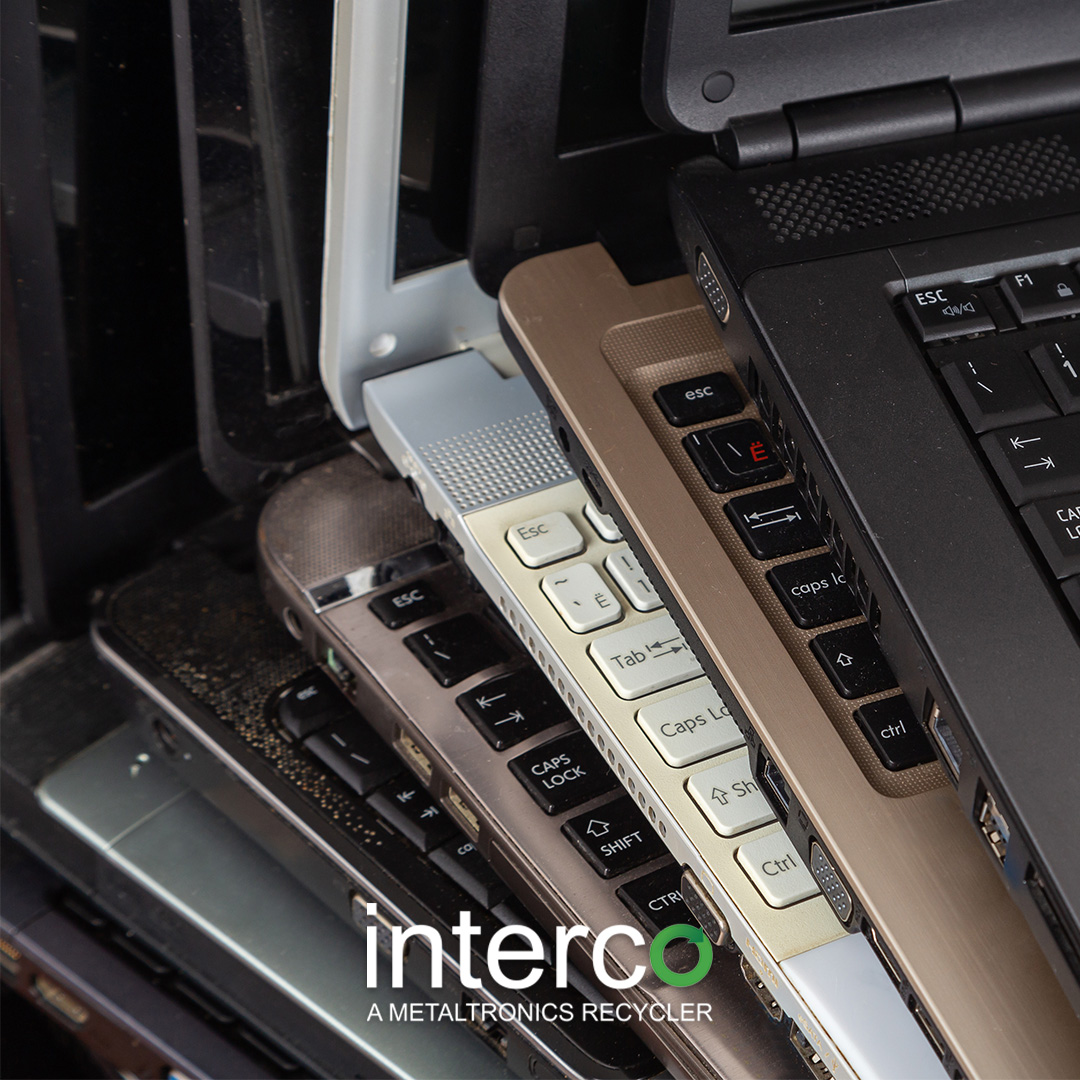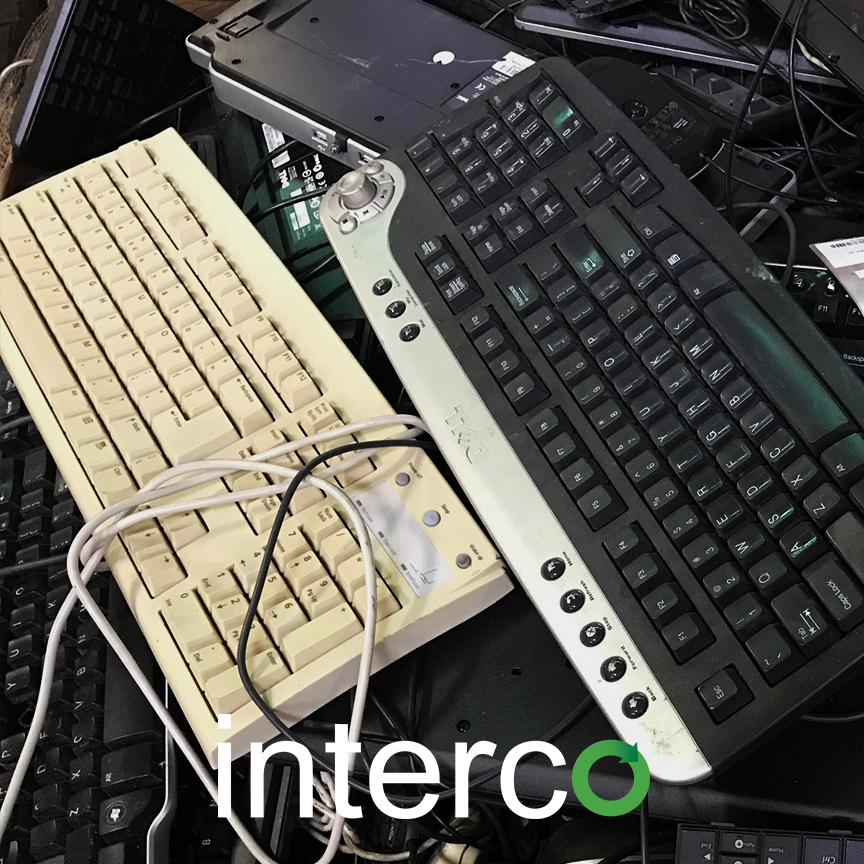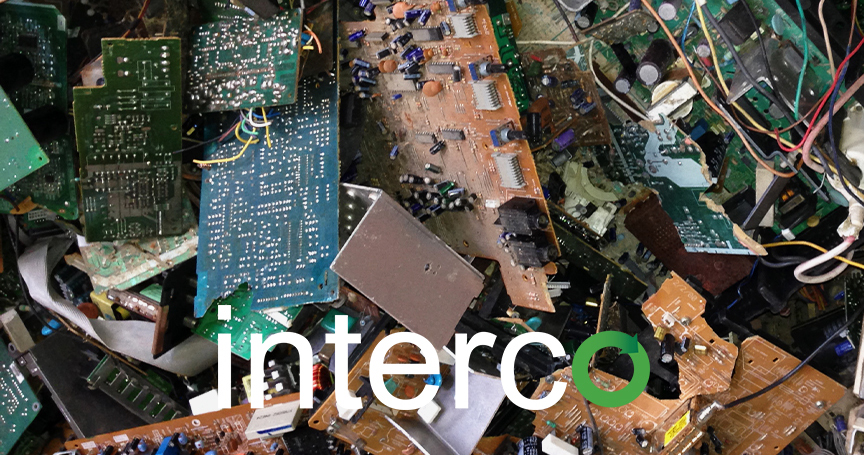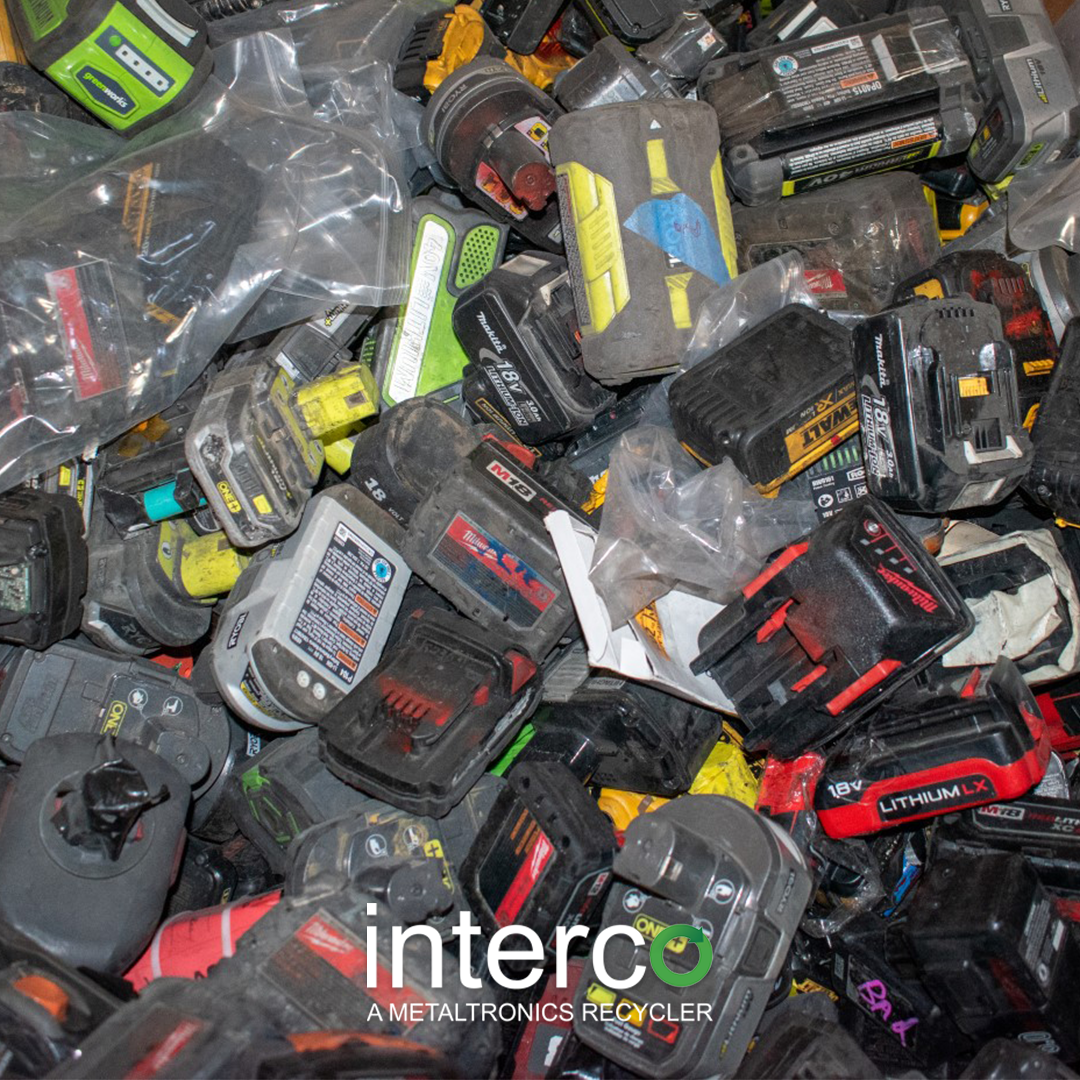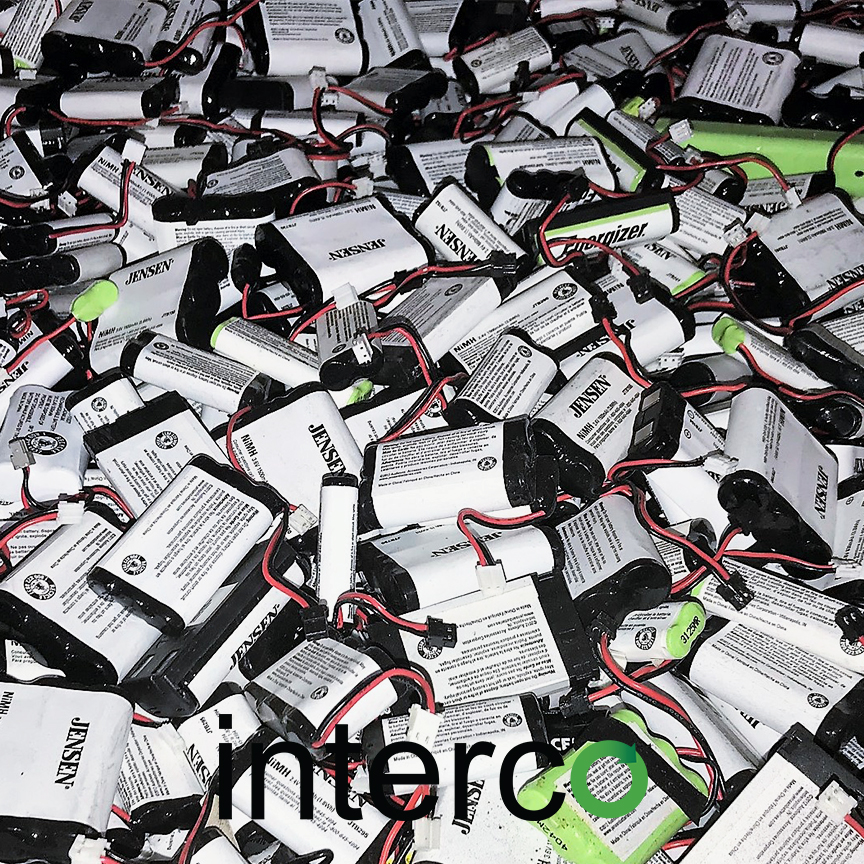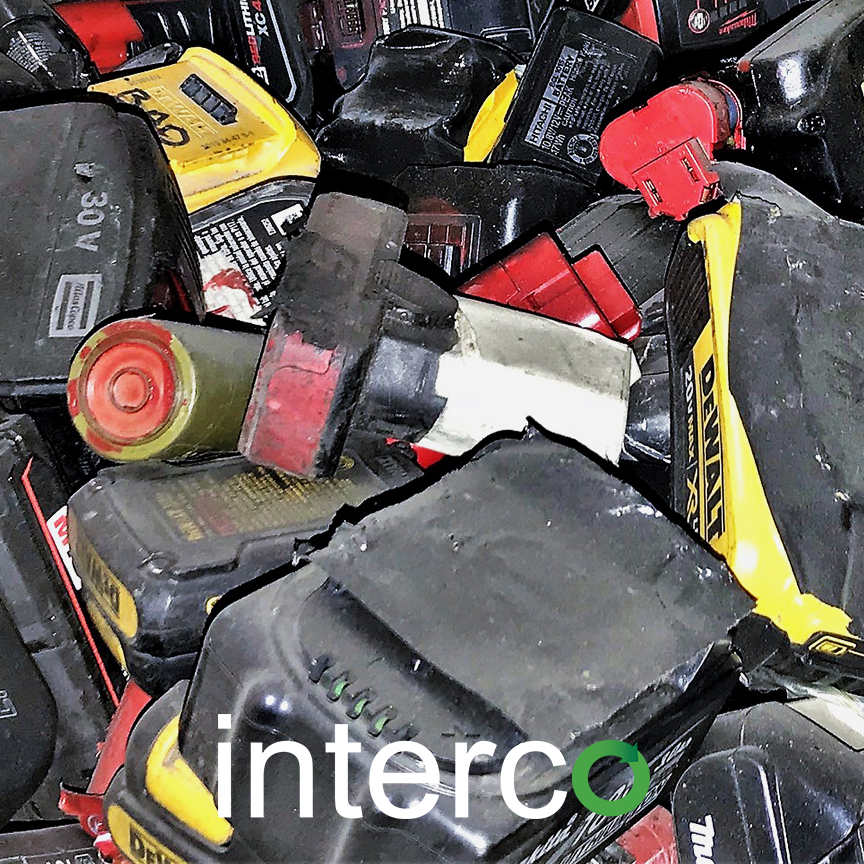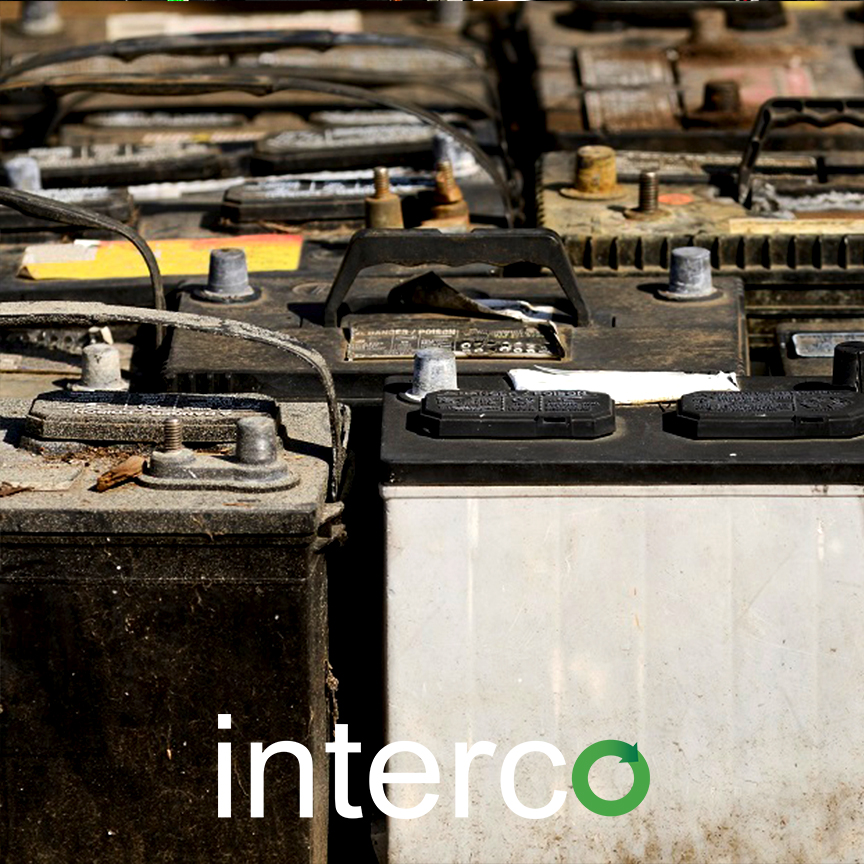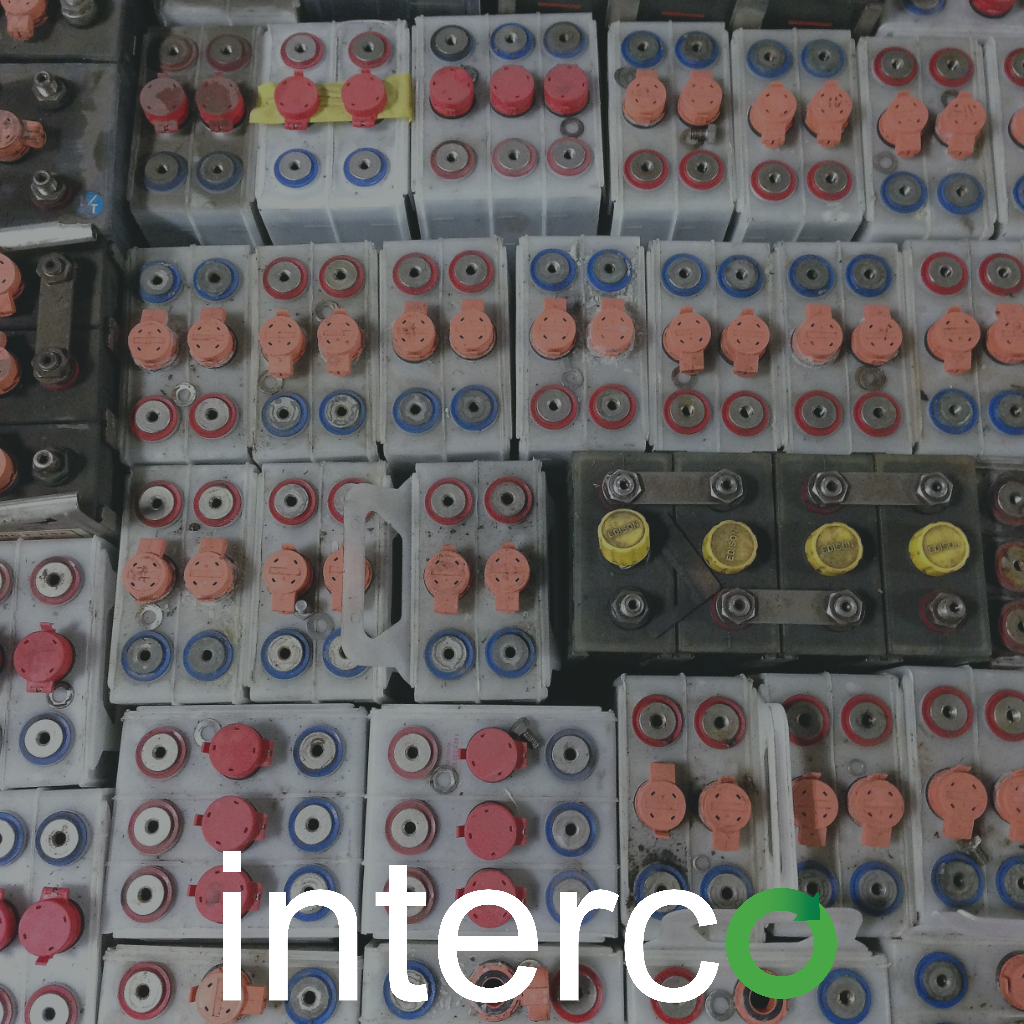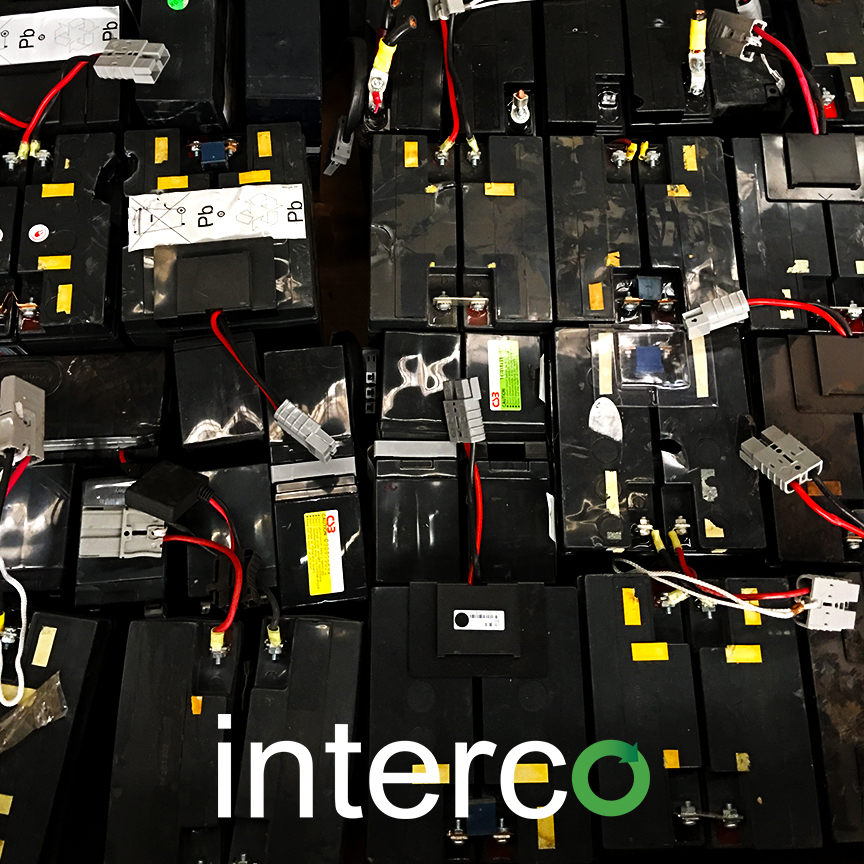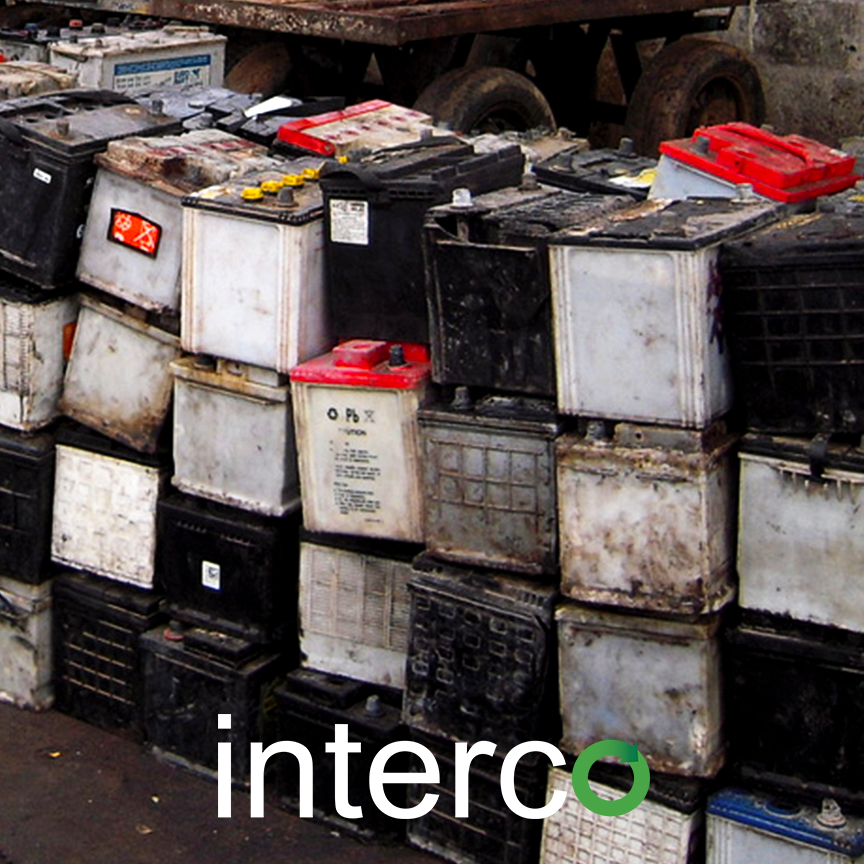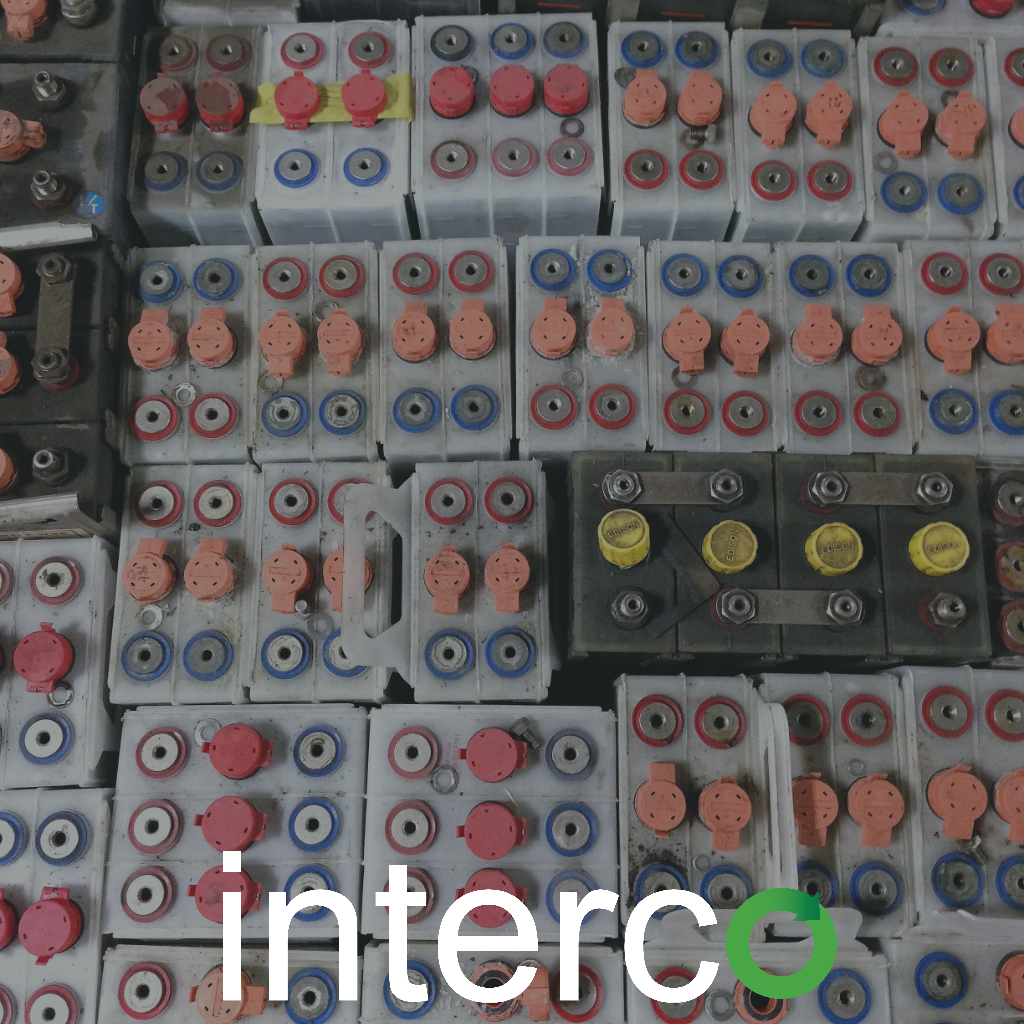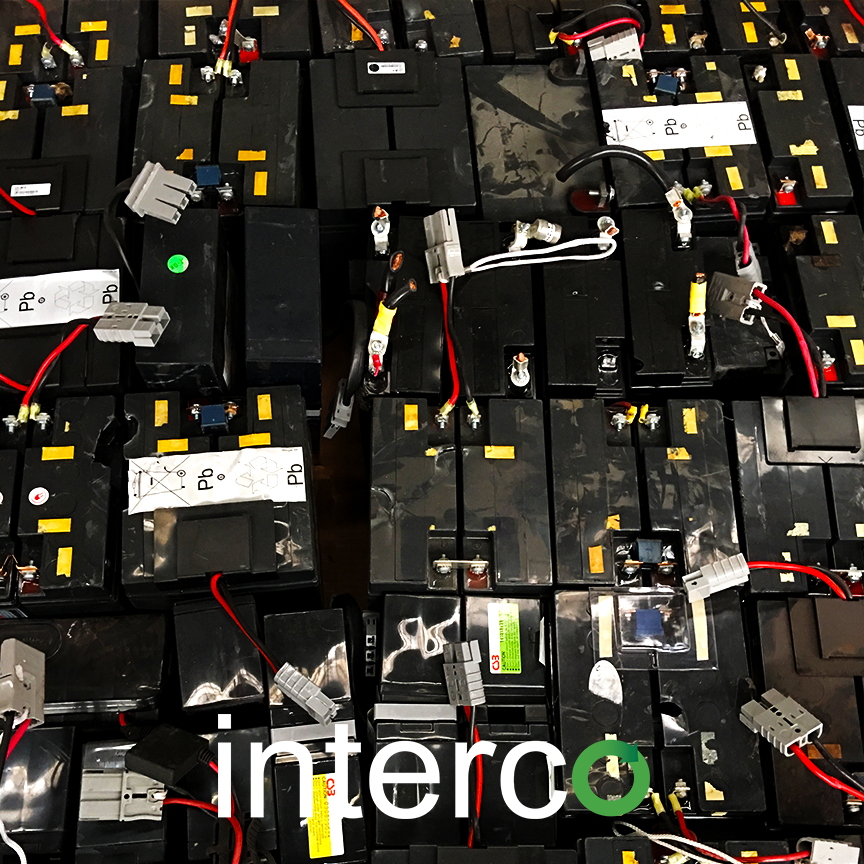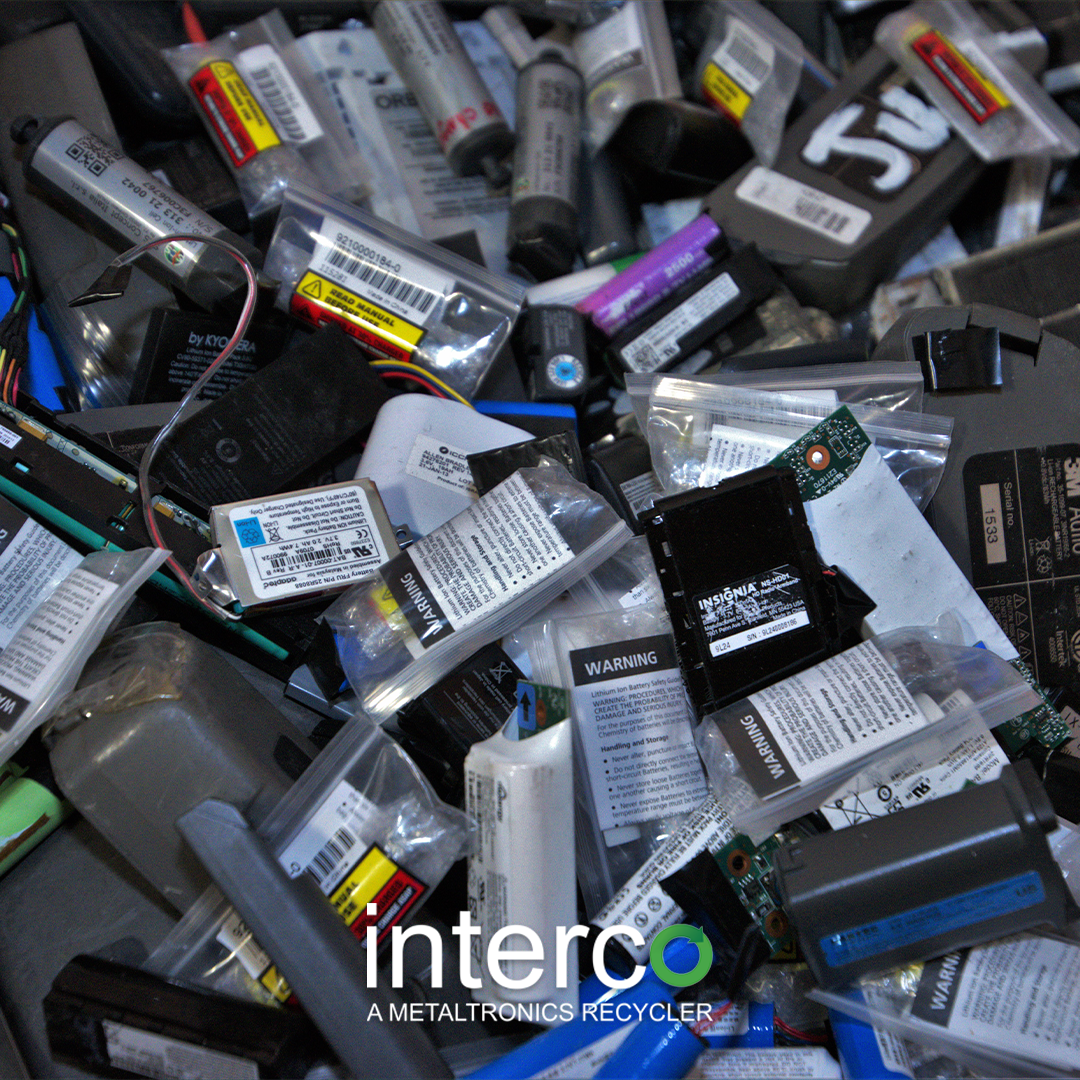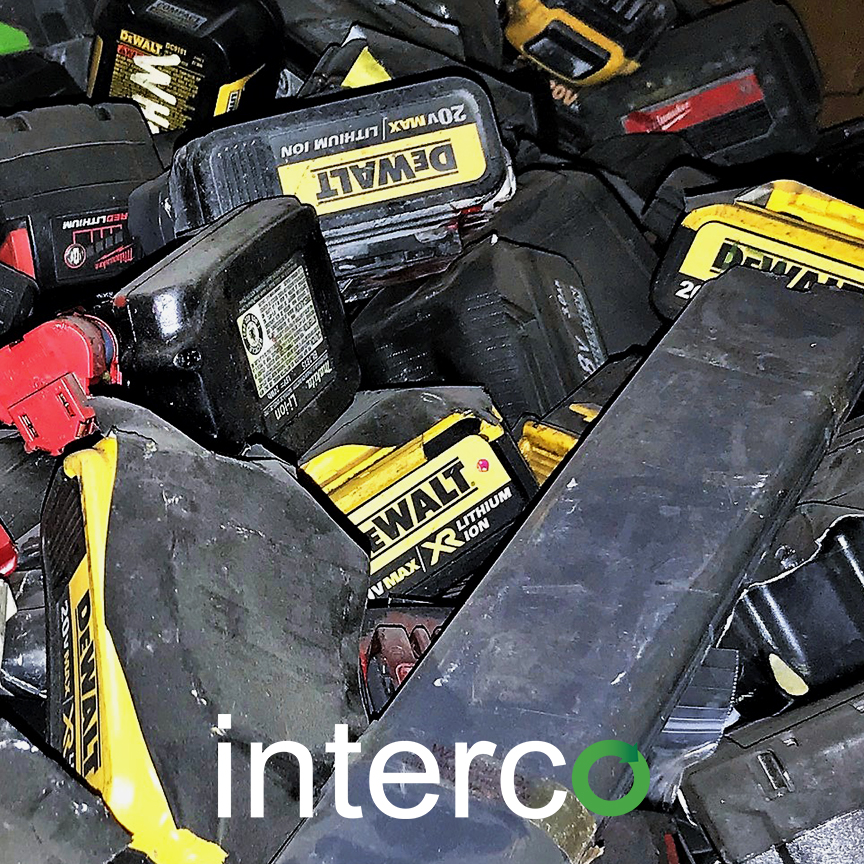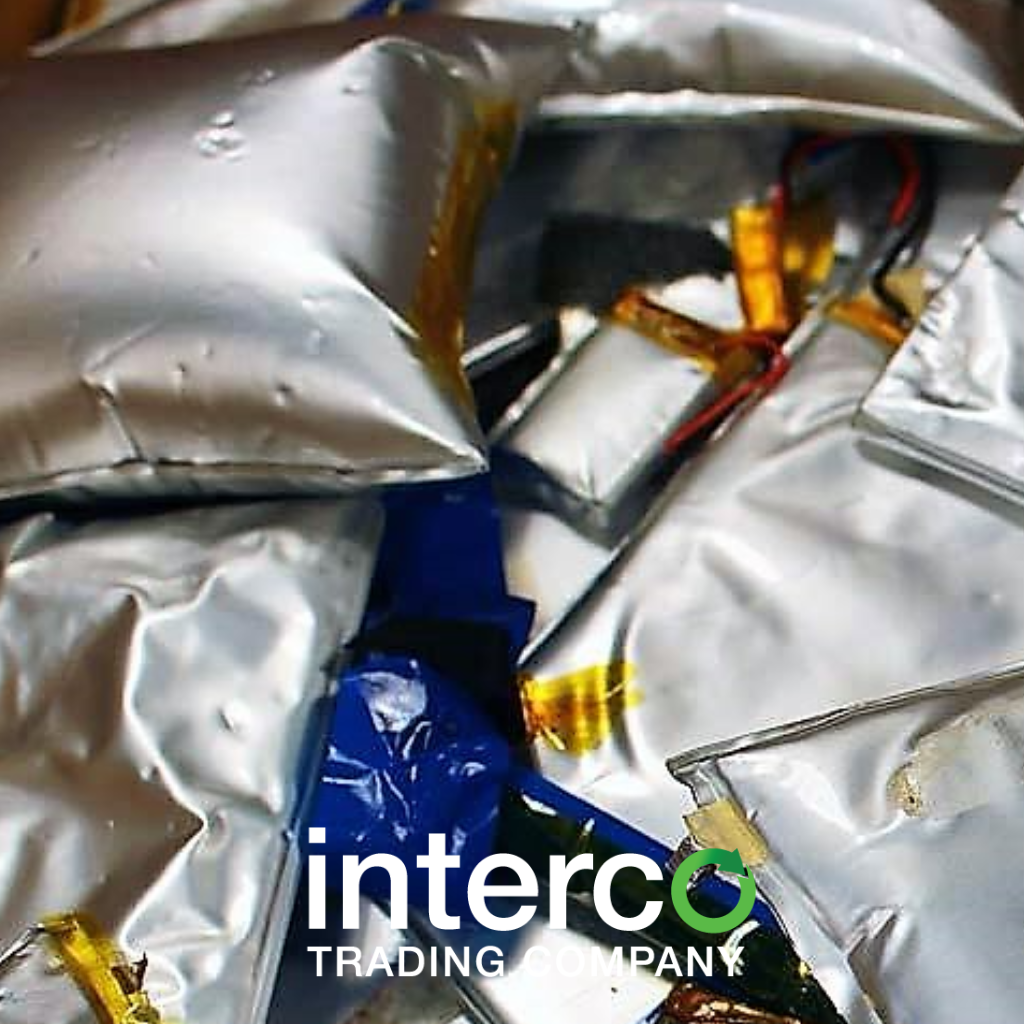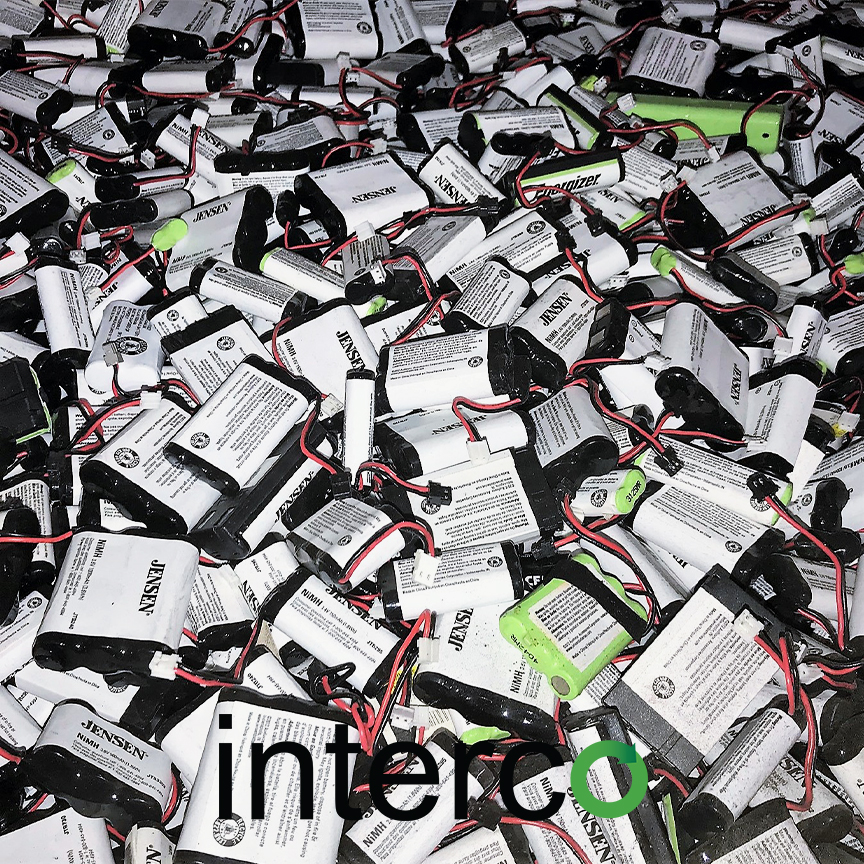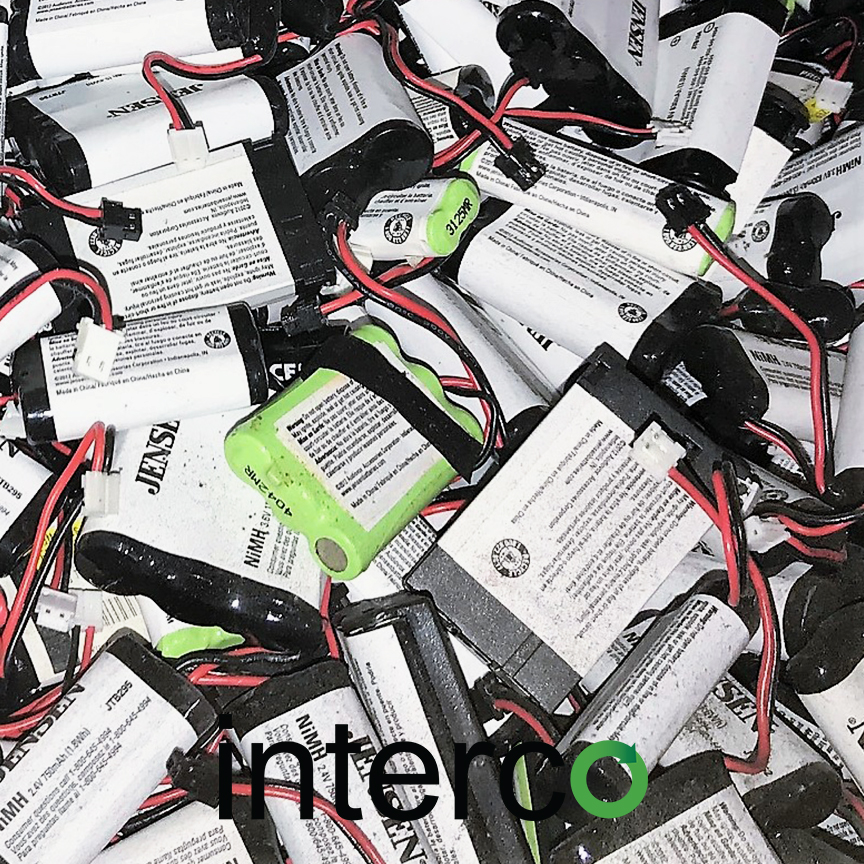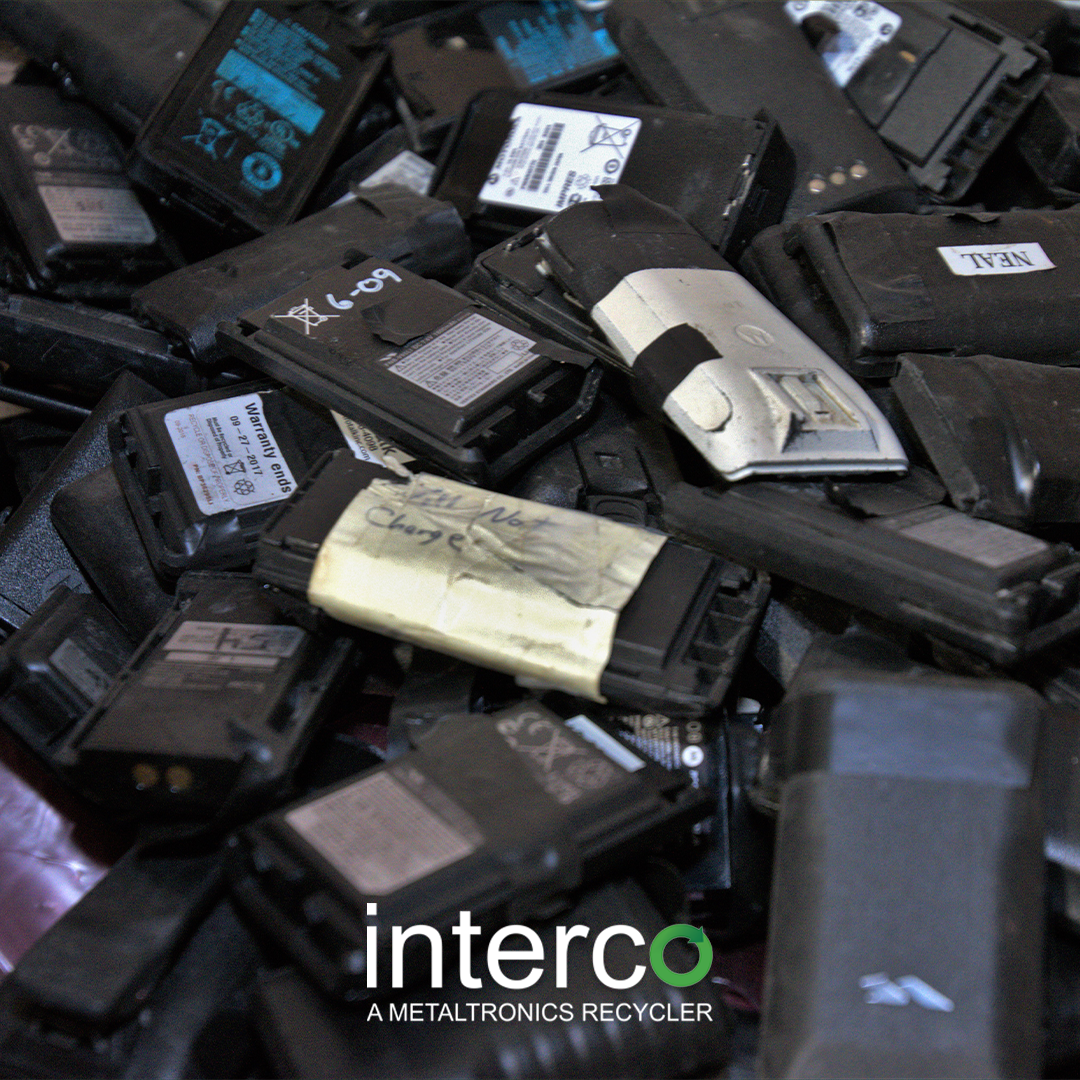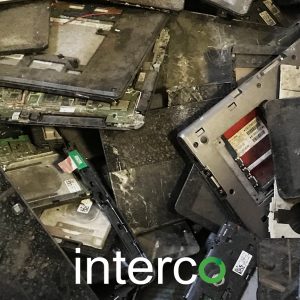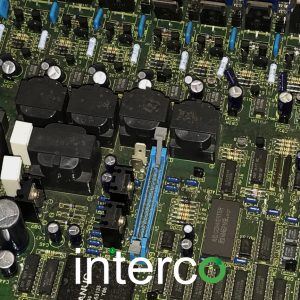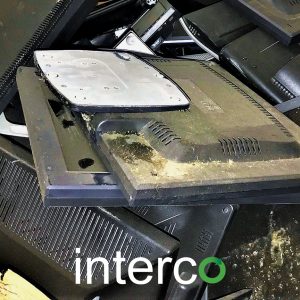One can find different types of transformers in industrial applications, factories and utility facilities. Nonetheless, transformers are like any other technological component in that they eventually wear out and no longer work. This is where transformer recycling comes into play.
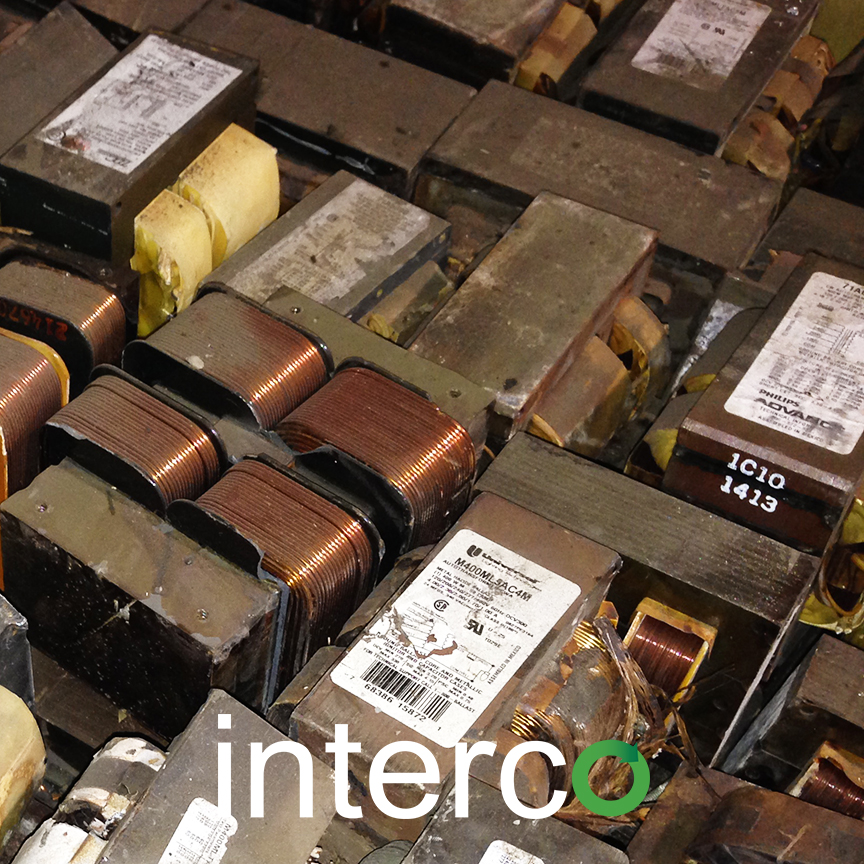
Transformers transfer electrical energy through circuits. There are transformers in a variety of different electronic devices including many household items:
- Computers
- Phone chargers
- Washing machines
- Toasters
- Dishwashers
These are just a few examples of gadgets that need transformers to operate. Out of the various types of transformers, there are three main categories:
- Copper (large)
- Copper (small)
- Aluminum
But, before one understands the recycling process, it is imperative that to understand why it is so vital to the environment to recycle transformers.
Why Recycle Transformers?
Recycling transformers:
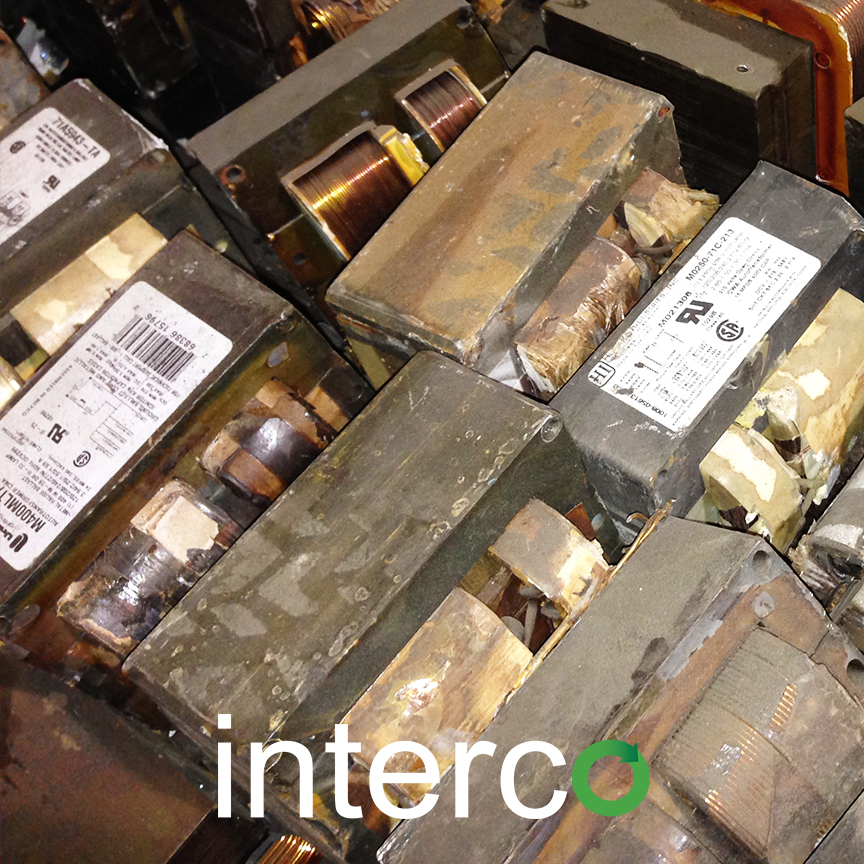
- Reuses valuable materials
- Reduces landfill pollution
- Reduces overall pollution
Transformers are made of critical copper and aluminum components. Subsequently, reusing these materials leads to a decrease in landfill pollution which can lead to an overall reduction in pollution. These various actions lead to a chain reaction of positive environmental impacts. As a result, the earth will become much safer and greener.
Now that the importance of transformer recycling has been examined, it is imperative for one to be acquainted with the recycling process.
The Process of Transformer Recycling
Recycling transformers is just one of Interco’s specialties. Recycling professionals recycle transformers by…
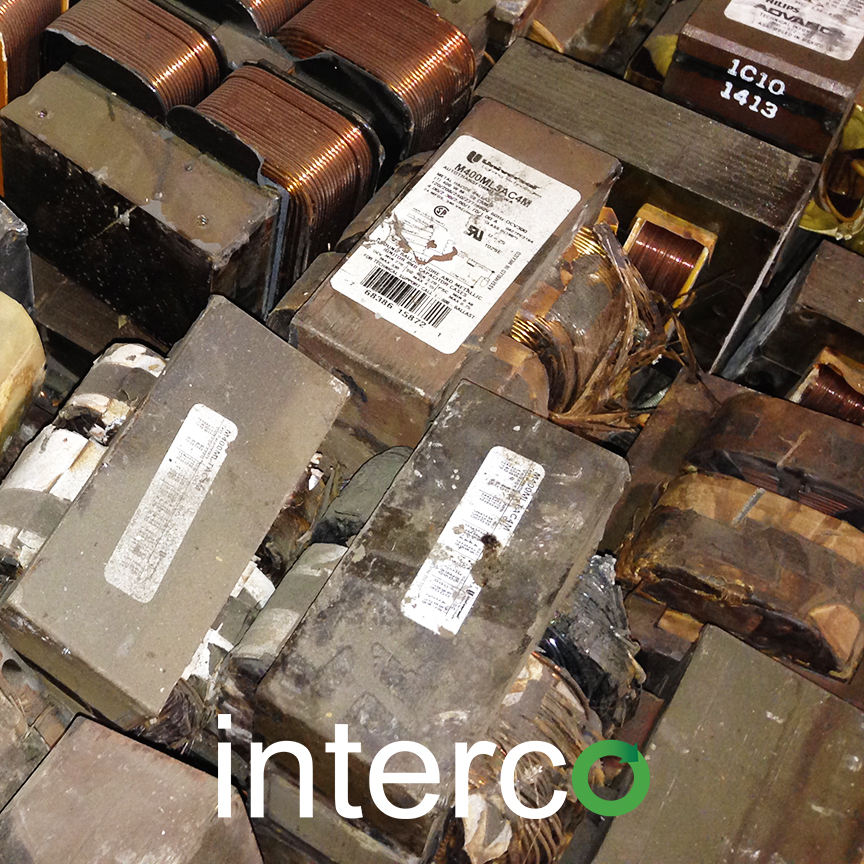
- First, paying for the delivery of the net weight of the material. Companies can deliver transformers with plastic wrapping, in a dump truck, in cardboard gaylord boxes on pallets and more.
- Subsequently, professional recyclers subtract the tare weight from the gross weight to determine the actual net weight upon arrival.
- If the transformers arrive already dismantled, an inspector will go through each carton to make sure that there are no leftover contaminants. A few of these contaminants include paper, plastic, solvents, dirt and other forms of debris. These contaminants make it difficult to add the metal back into other industrial processes. They can also add unnecessary weight to the packages which could artificially inflate the cost.
- Then, recyclers dismantle the in-tact transformers to perform the same procedure from the last step.
- Finally, they separate the transformer parts and organize them by their materials for future use.
Transformer recycling reuses valuable materials, reduces landfill pollution and reduces overall pollution. However, recycling transformers is just one of several recycling services Interco offers. As a member of the Institute of Scrap Recycling Industries (ISRI), the ISRI can act as an expert arbiter in times of dispute during the recycling process.
Conclusion
Comprehensively, transformers transfer electric energy through circuits. Transformers are components in computers, phone chargers, washing machines and more. Additionally, the three main categories of transformers are copper (large), copper (small) and aluminum. These different types of transformers can be found in industrial applications, factories and utility facilities.
As stated, recycling transformers reuses valuable materials, reduces landfill pollution and reduces overall pollution. As a member of the ISRI, Interco can utilize this service as an arbiter in times of dispute.
To learn more about how to recycle transformers, click here to reach out to Interco.
